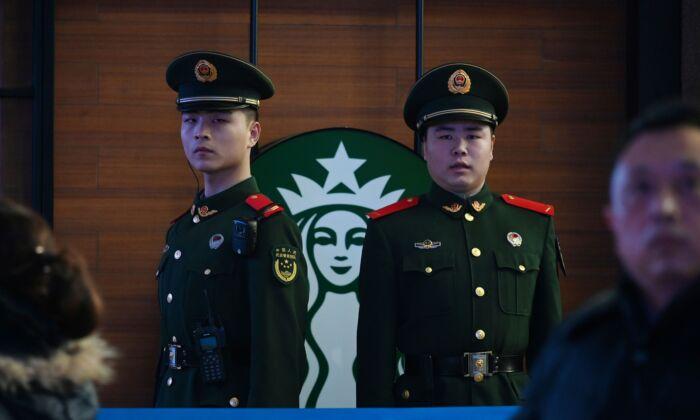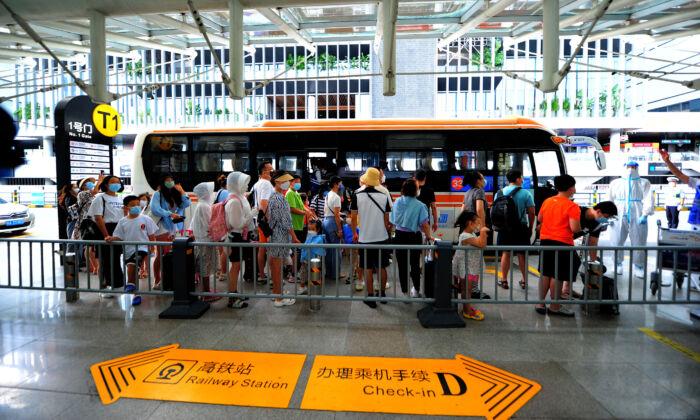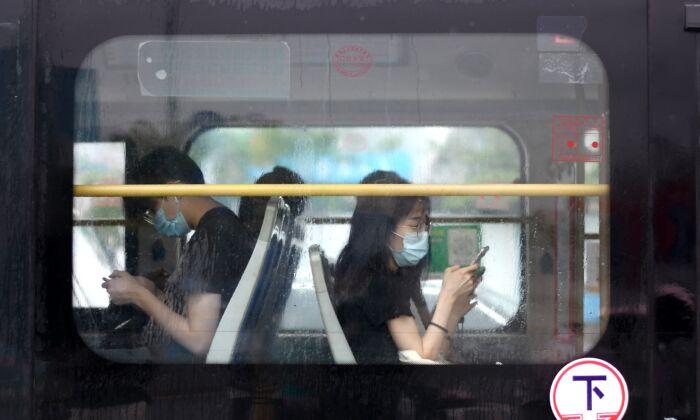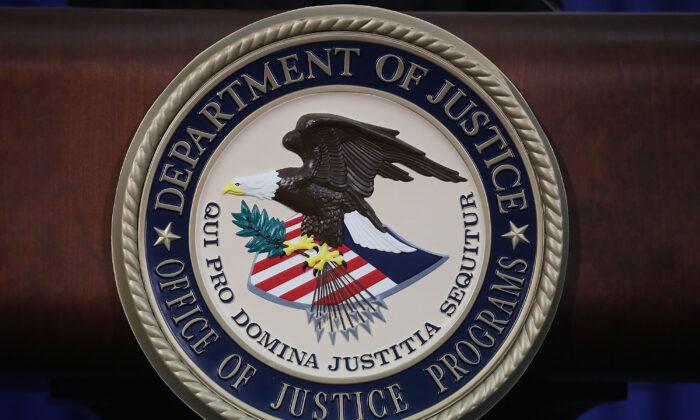Starbucks closed two stores in East China on Dec. 13, hours after Chinese state-run media reported the stores were using expired ingredients.
Public opinion on Chinese social media platforms quickly criticized Starbucks products, which are more expensive than local Chinese brands but better in quality and taste.
According to a China commentator, this is the newest case in which the Chinese regime used its propaganda system to attack a foreign enterprise.
“There’s no doubt that the Starbucks scandal is a designed campaign that the Chinese regime is using to express its anger toward the U.S. government for boycotting the Beijing Olympics,” U.S.-based China affairs analyst Tang Jingyuan told The Epoch Times on Dec. 14. “[Beijing] chose Starbucks because it’s very popular in China.”
Tang explained the details of the Chinese regime’s propaganda strategy against Starbucks.
“It [the Chinese regime] chose state-run media in Beijing to report the scandal and sent the reporters from Beijing to Wuxi, a city over 830 miles away, to be the undercover investigators. It wanted them to do it secretly, so local people wouldn’t be aware of what they were doing,” Tang said. “After Beijing News released the video, it used all the propaganda machines to broadcast and promote the video all around the country.
“Everybody knows clearly that China’s censorship apparatus doesn’t promote content that doesn’t meet the regime’s needs. In other words, [it] can’t be broadly seen in China,” Tang said.

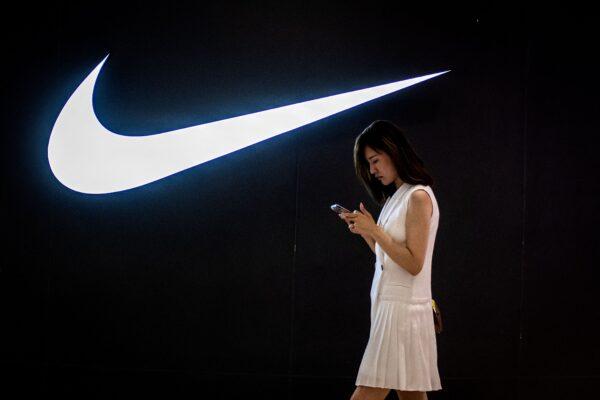
Chinese Comments
After Beijing News posted a video on Dec. 12—shot by undercover reporters—to China’s social media platform Weibo, Chinese censors promoted the video, allowing it to gain over 3.14 million views within one day.“Starbucks has a bad conscience to use expired materials. Their products are expensive,” Chinese netizen Kana commented on Weibo, gaining 9,565 likes in one day.
Huxiu, a popular Chinese news website that attacks middle- and upper-class readers, posted an article on Dec. 14 titled “The Evil Starbucks! Of Course, We Won’t Forgive It,” to criticize Starbucks.
On Dec. 13 and 14, the market supervision administration in central China’s Hunan Province and eastern China’s Shandong Province quickly investigated their local Starbucks stores by hiring cameramen to broadcast the entire process. These Starbucks stores didn’t use expired ingredients.

Starbucks Scandal
Beijing News reporters applied to be clerks at two Starbucks stores in Wuxi in Jiangsu Province, and were hired in October and November.They then shot a video by using hidden cameras. In the released video, the undercover reporters captured their coworkers changing the expiration dates on cream, cocoa chips, matcha, and black and peach tea when they were close to expiring.
After the video was released, Starbucks China released a statement on Dec. 13, saying that the two stores were closed and under reform. The company will retrain all employees in China to strictly follow the food safety standards, and will arrange more inspections in the future.
“We sincerely apologize and will actively improve the quality of service. We will coordinate the investigation very closely and sincerely ask for scrutiny from the public and the media,” read the statement.
